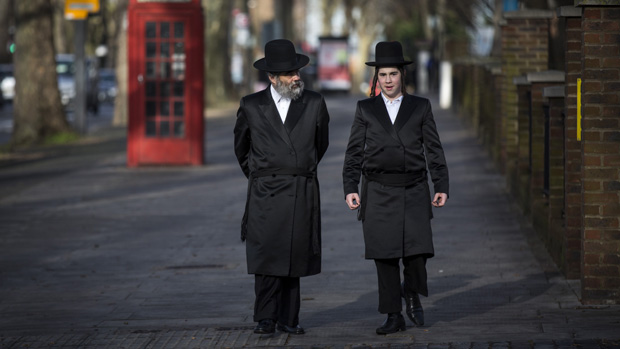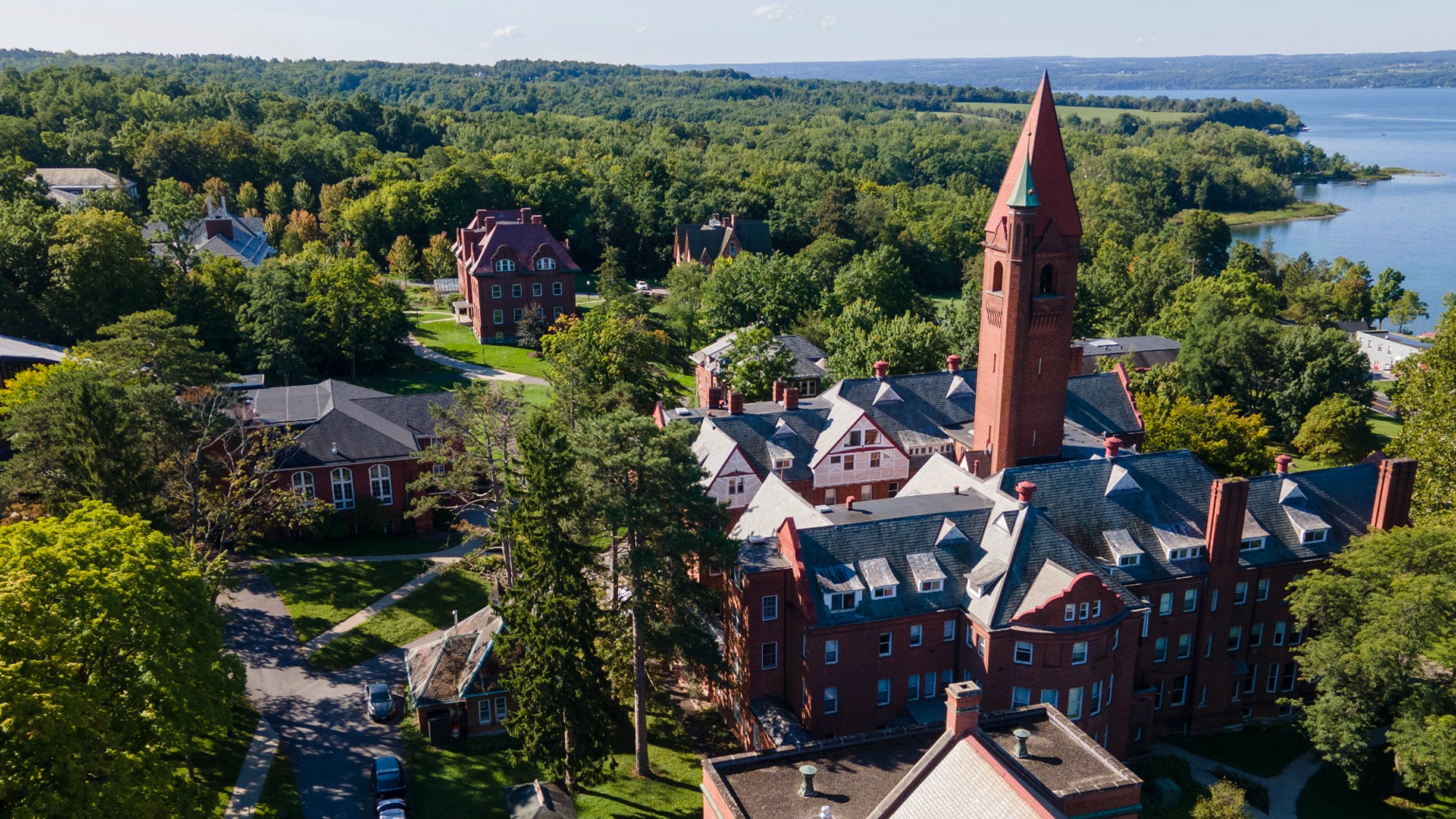What is Succot and how could it impact an October election?
Seven-day Jewish festival coincides with rumoured general election date

A free daily email with the biggest news stories of the day – and the best features from TheWeek.com
You are now subscribed
Your newsletter sign-up was successful
Observant Jews in Britain face the prospect of being unable to attend polling stations if a general election is held as predicted on 14 October, as that date is the first day of the Succot festival.
The Board of Deputies, the main Jewish communal organisation, has asked the government to consider the “concerns and difficulties” this date would create for the Jewish community due to religious observance during the festival.
What is Succot?
The Week
Escape your echo chamber. Get the facts behind the news, plus analysis from multiple perspectives.

Sign up for The Week's Free Newsletters
From our morning news briefing to a weekly Good News Newsletter, get the best of The Week delivered directly to your inbox.
From our morning news briefing to a weekly Good News Newsletter, get the best of The Week delivered directly to your inbox.
The BBC says the seven-day festival “commemorates the years that the Jews spent in the desert on their way to the Promised Land”, and “celebrates the way in which God protected them under difficult desert conditions”.
Succot means huts and those Jews marking the festival traditionally build a temporary hut or booth, in which to live, or at least eat meals, during the holiday. The huts have a roof of branches and leaves, through which those inside can see the sky.
The book of Leviticus states: “You shall dwell in booths seven days, that your generation shall know I made the children of Israel to dwell in booths when I brought them out of the land of Egypt.”
The former chief rabbi Jonathan Sacks wrote: “If I were to summarise the message of Succot I'd say it's a tutorial in how to live with insecurity and still celebrate life.”
A free daily email with the biggest news stories of the day – and the best features from TheWeek.com
Why does this mean Jewish people cannot vote?
The Mirror explains that the first two days of the festival are considered “Yom tov” meaning they are regarded similarly to the Jewish Sabbath when observant Jews cannot work, drive or, “critically use a pencil to make a cross”.
What has been said?
Board of Deputies vice president Amanda Bowman told Jewish News: “If a General Election were to be held on Monday 14 October, this would coincide with the festival of Succot. This means that, due to religious restrictions, observant Jews would not be able to vote in person or participate on the day.”
She added that though the Board “understand that the situation surrounding Brexit means that there is very little flexibility over dates”, it has “been in touch with the Government to explain the concerns and difficulties that our community would face”.
The Jewish Leadership Council said: “We are concerned that many observant Jewish voters could be disenfranchised by an election being called on a Jewish holiday and we have made representations to the government on this matter. We will be asking our community to sign up for postal votes as a matter of urgency so they can exercise their democratic vote.”
Rabbi Lerer of the Central Synagogue in London said voting is important to the Jewish community. "It's considered a duty for the Jew to vote,” he said.
“We say a prayer each week in the Synagogue for peace for the Royal Family and for the government.
“We value the democracy, we value our ability to vote and we definitely see it as an important part of a religion to be able to do so.”
-
 The mystery of flight MH370
The mystery of flight MH370The Explainer In 2014, the passenger plane vanished without trace. Twelve years on, a new operation is under way to find the wreckage of the doomed airliner
-
 5 royally funny cartoons about the former prince Andrew’s arrest
5 royally funny cartoons about the former prince Andrew’s arrestCartoons Artists take on falling from grace, kingly manners, and more
-
 The identical twins derailing a French murder trial
The identical twins derailing a French murder trialUnder The Radar Police are unable to tell which suspect’s DNA is on the weapon
-
 How corrupt is the UK?
How corrupt is the UK?The Explainer Decline in standards ‘risks becoming a defining feature of our political culture’ as Britain falls to lowest ever score on global index
-
 How long can Keir Starmer last as Labour leader?
How long can Keir Starmer last as Labour leader?Today's Big Question Pathway to a coup ‘still unclear’ even as potential challengers begin manoeuvring into position
-
 The high street: Britain’s next political battleground?
The high street: Britain’s next political battleground?In the Spotlight Mass closure of shops and influx of organised crime are fuelling voter anger, and offer an opening for Reform UK
-
 ‘It’s hard not to feel for the distillers’
‘It’s hard not to feel for the distillers’Instant Opinion Opinion, comment and editorials of the day
-
 Is a Reform-Tory pact becoming more likely?
Is a Reform-Tory pact becoming more likely?Today’s Big Question Nigel Farage’s party is ahead in the polls but still falls well short of a Commons majority, while Conservatives are still losing MPs to Reform
-
 Asylum hotels: everything you need to know
Asylum hotels: everything you need to knowThe Explainer Using hotels to house asylum seekers has proved extremely unpopular. Why, and what can the government do about it?
-
 ‘The trickle of shutdowns could soon become a flood’
‘The trickle of shutdowns could soon become a flood’Instant Opinion Opinion, comment and editorials of the day
-
 Taking the low road: why the SNP is still standing strong
Taking the low road: why the SNP is still standing strongTalking Point Party is on track for a fifth consecutive victory in May’s Holyrood election, despite controversies and plummeting support